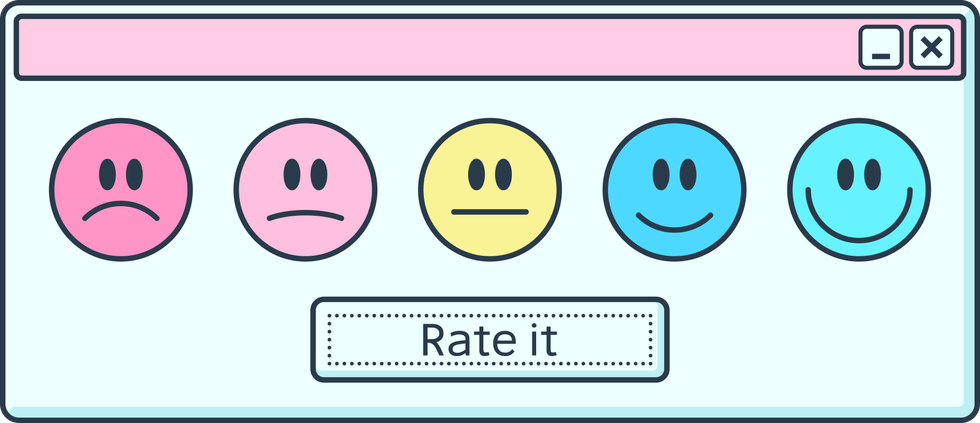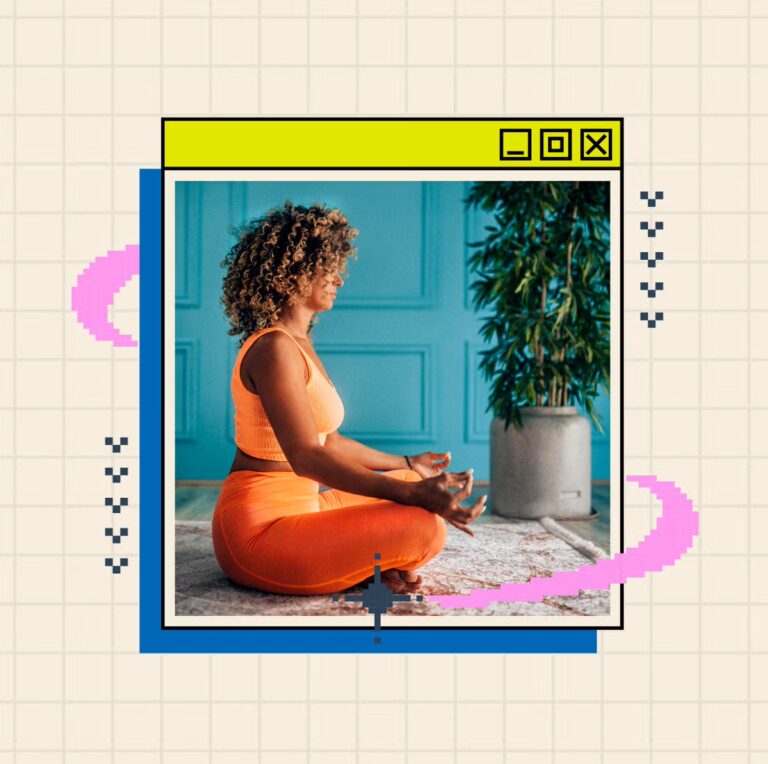Smart goal! Research has shown that chronic stress can cause body-wide inflammation and lead to digestive problems, insomnia, low libido and difficulty concentrating.
Stre-e-e-tch.
Stretching relaxes your body, of course, but there’s evidence that it can ease your mind. One study showed that 10 minutes of slow, mindful stretching could reduce anxiety. Practicing deep breathing while you’re at it helps calm your nervous system. Start with a downward-facing dog pose; inhale and exhale and feel the stress ebb.
Walk outside.
Just being in fresh air relaxes the mind. Take a brisk 10-minute stroll: Research shows that it can lower anxiety and boost mood-regulating brain chemicals like serotonin, helping induce calmness.

Cancel something.
Look at your calendar and find one thing you can skip, such as an event you’re not psyched about or a Zoom meeting that doesn’t require your input. Bow out and replace it with…nothing!
Meditate simply.
You don’t have to sit in lotus position for an hour a day — do it your way.
Meditation is simply “an intentional practice of redirecting ourselves away from our thoughts,” says Katie Krimer, a psychotherapist with Union Square Practice in New York City. Focus on your breath and allow your thoughts and emotions to arise, then observe them without judgment and let them go.
Inhale peace.
Research suggests that lavender can be effective in helping to ease anxiety in people with anxiety disorders. Put a few drops of the essential oil in a diffuser or on a piece of cloth, then close your eyes and inhale for the calming effects.
Main Story: Health Resolutions That Are Actually Good for You


